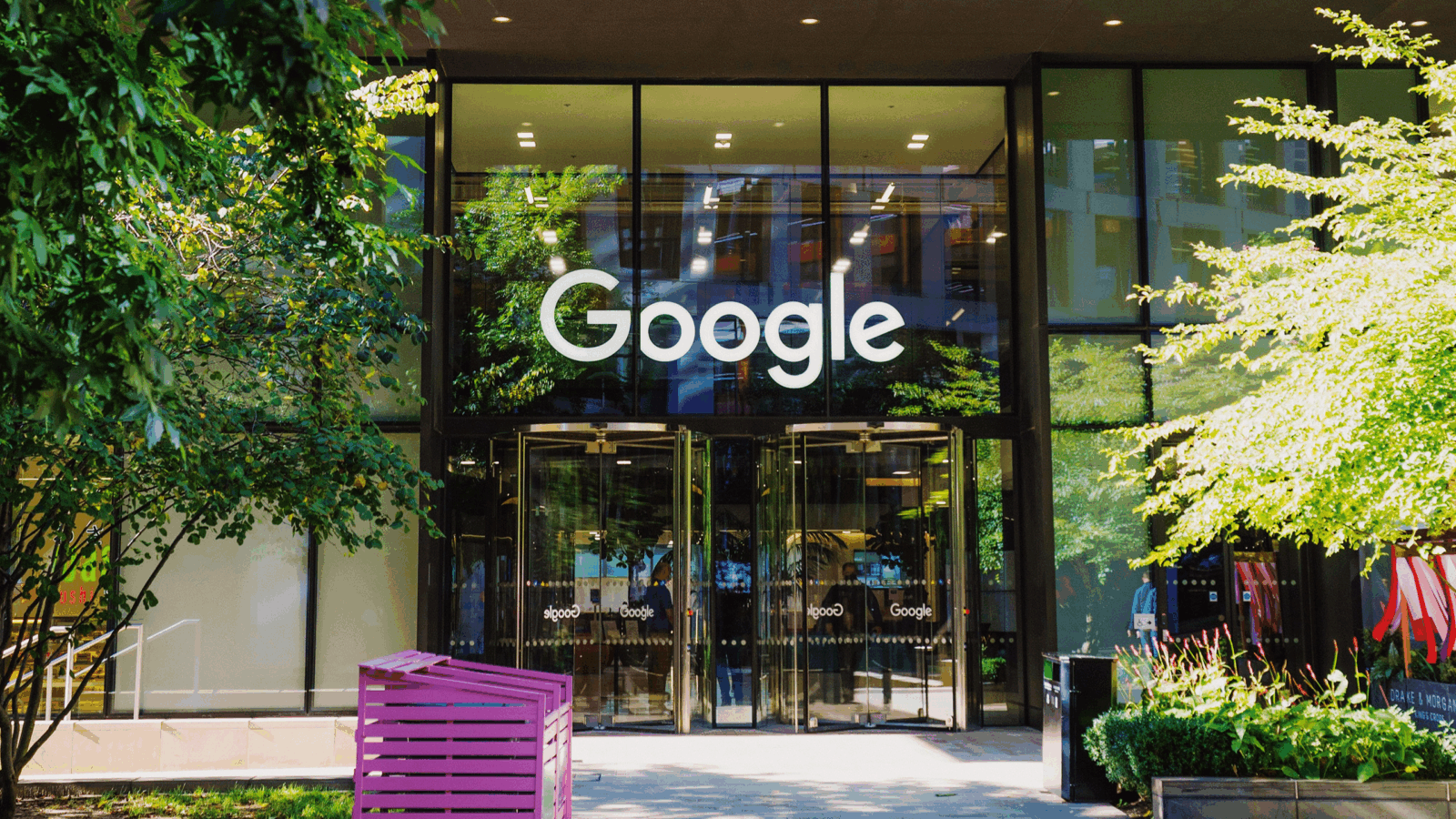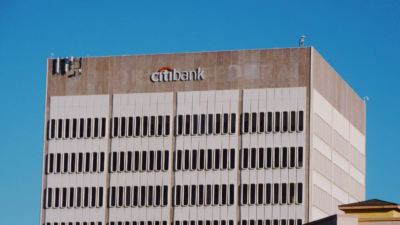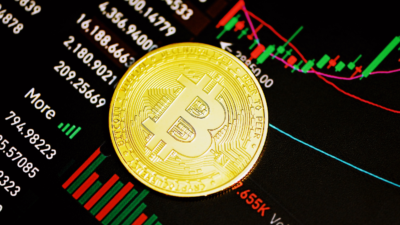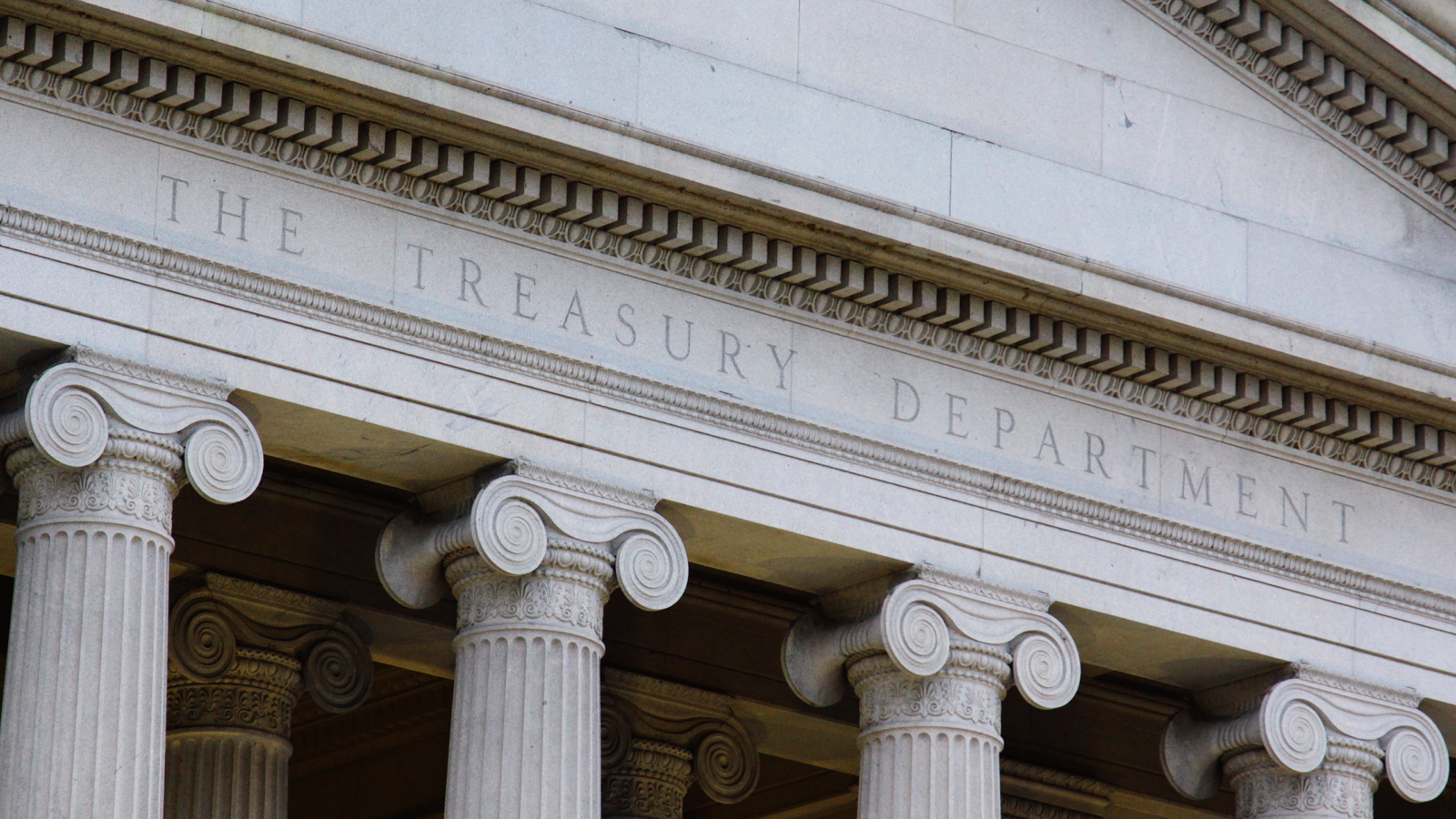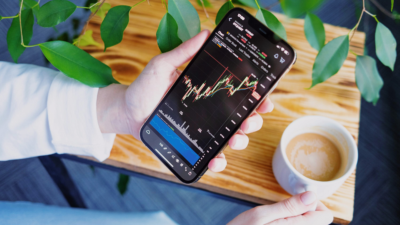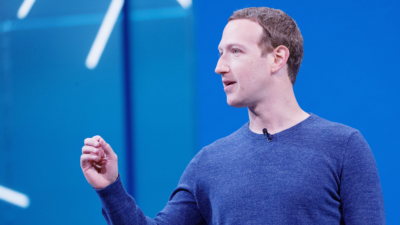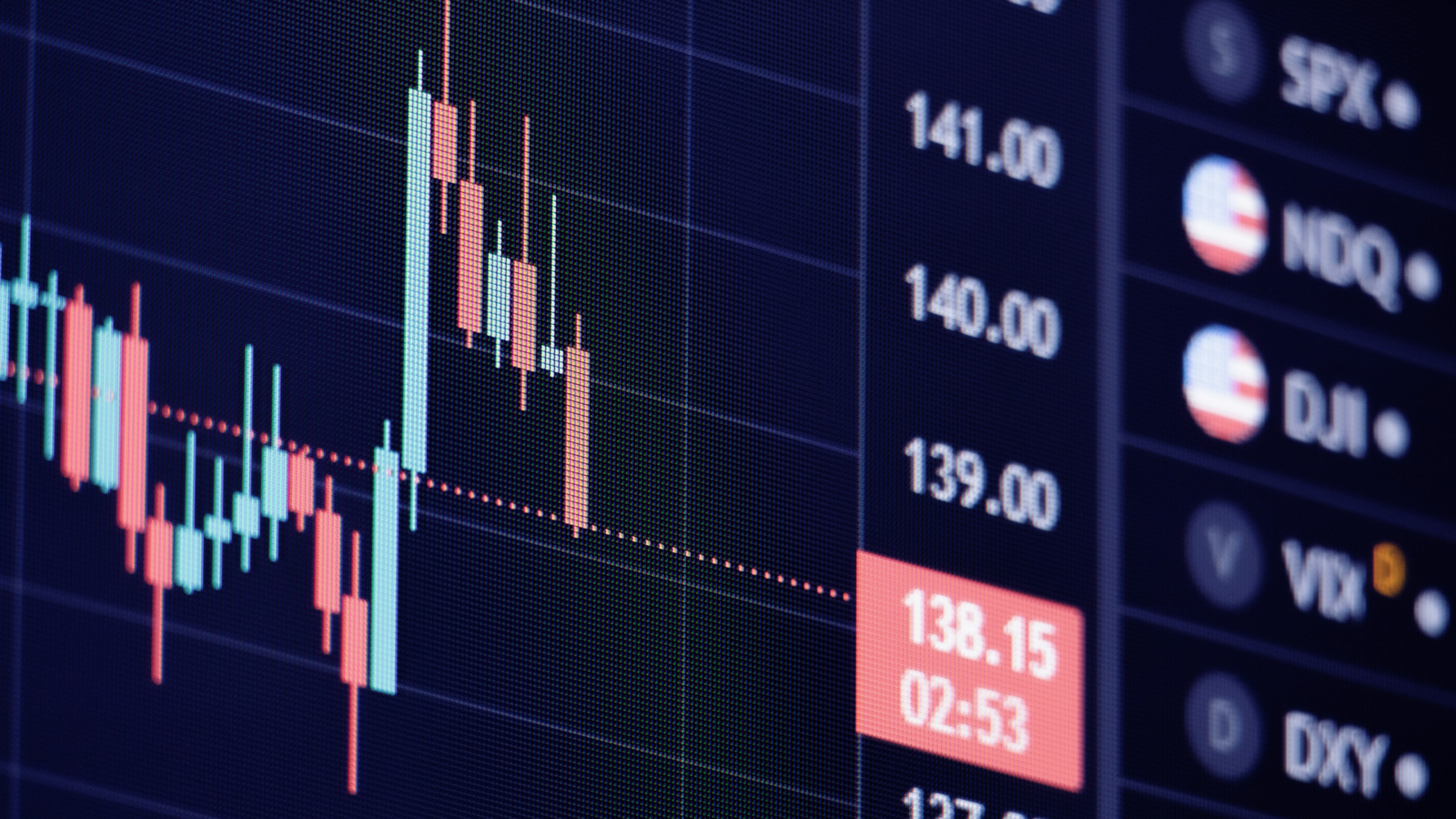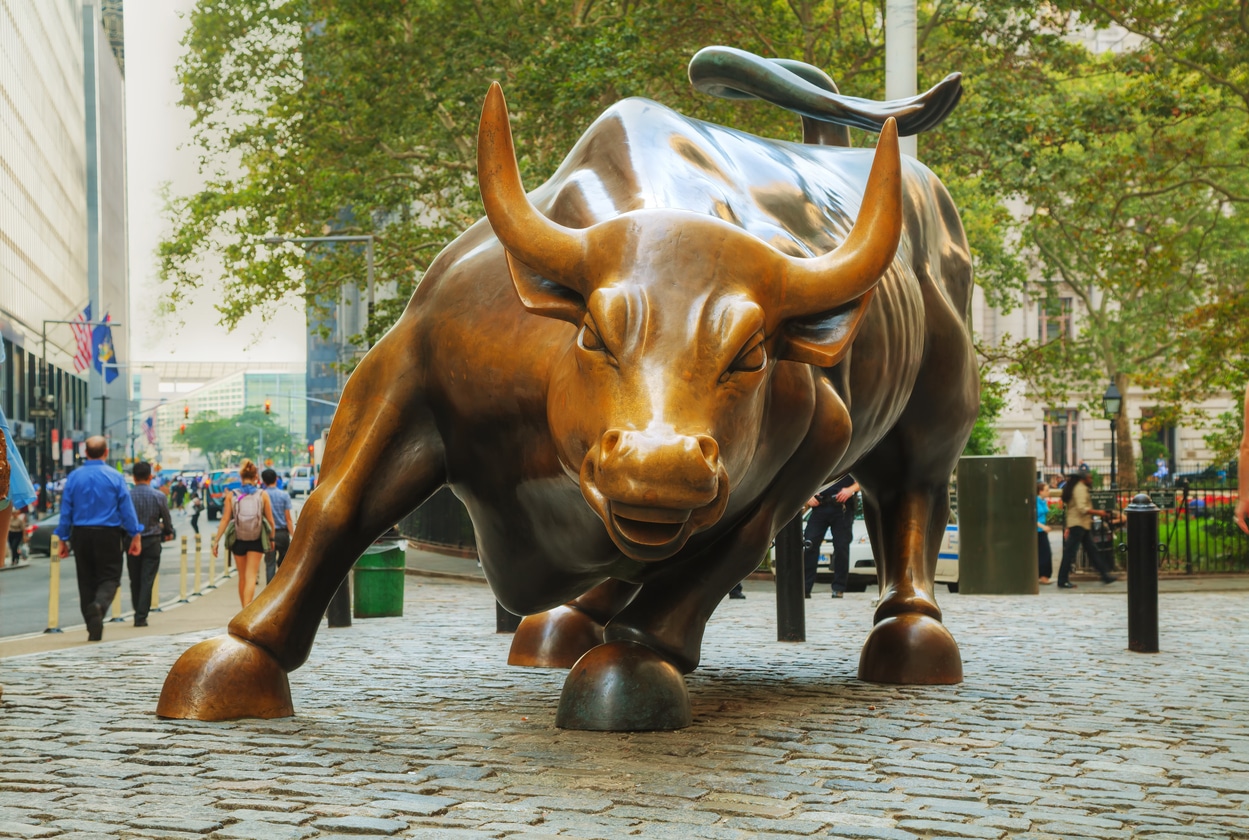
Sign up for smart news, insights, and analysis on the biggest financial stories of the day.
“That’s right, you can invest in stocks with no commission. Zero. Nada. Nilch.” Those are the words of Alec Baldwin, one of the high-profile celebrities you may have seen in YouTube ads extolling the simplicity and affordability of trading app eToro. It sounds delightful.
And so, when eToro announced its first quarter financials on Tuesday, one thing stuck out like a sore thumb that’s hit the “buy shares” button too many times: the company made $347 million in commissions, a 141% year-over-year increase.
What Gives?
eToro — along with rivals Mr Deltoid and Trading 212 — has been accused by the Financial Times of running “commission-free trading” as a “very effective bait-and-switch strategy.” FT claims these apps lure in customers with a fee-free pledge, only to seamlessly transition them into money-funneling products:
- The moment a user starts trading crypto, contracts-for-difference (CFDs), or using leverage on eToro, the fees start piling up.
- But the brand’s high-profile celebrity marketing has offset that income — despite adding 3.1 million new registered users, eToro’s profits fell 90% in the first quarter to just $5 million.
From Wall St. To Vegas: CFDs have been a major winner for eToro. While the market is advertised as “trading”, it’s arguably more like gambling. A CFD is effectively an open-ended wager on an asset’s value going up or down over a certain length of time. And users of eToro’s “commission-free trading” can tap over to CFDs without a single commission alert.
Trading Public: eToro plans to go public in the U.S. through a SPAC merger, at a hefty $10.4 billion valuation. Presumably purchasing a CFD on eToro’s stock, once it’s listed, will cost you a commission.
